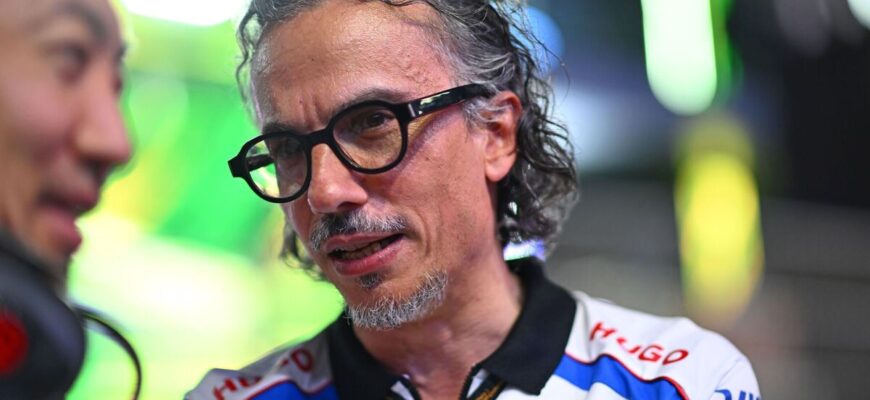In the swift aftermath of Christian Horner`s unexpected departure from Red Bull Racing, the leadership baton has passed to Laurent Mekies. His immediate promotion from the junior Racing Bulls squad positions him at the epicenter of one of Formula 1`s most high-pressure environments. Mekies` ascension marks the culmination of a diverse and extensive two-decade career that has touched nearly every facet of the sport, from engineering bays to governance chambers.
Born in 1977, the Frenchman brings a solid technical foundation to the role, honed through mechanical engineering studies at prestigious institutions like ESTACA and Loughborough. His F1 journey began in the early 2000s with teams like Arrows and Minardi. It was with the latter, under its Red Bull-rebranded guise as Toro Rosso, that Mekies rose through the ranks, eventually heading vehicle performance and contributing to Sebastian Vettel`s memorable maiden victory at Monza in 2008 – a moment that underscored the potential within the Red Bull system.
A significant chapter of his career unfolded outside the traditional team structure when Mekies joined the FIA in 2014 as Safety Director. Here, he played a pivotal role in critical safety advancements, most notably the development and implementation of the Halo cockpit protection device, a now indispensable component of modern F1 safety standards. His subsequent move to Ferrari in 2018, arriving without the customary `gardening leave`, caused some ripples among competitors, highlighting his value and desirability within the paddock.
At the Scuderia, Mekies served in key roles, including Sporting Director and Deputy Team Principal, becoming a respected and seemingly stabilizing figure during what was often a tumultuous period for the Italian team. However, the Red Bull orbit beckoned once more, leading to his appointment as Team Principal of the newly rebranded Racing Bulls for the 2024 season, working alongside CEO Peter Bayer to refine the team`s identity beyond being merely a Red Bull `B-team`. His brief tenure there wasn`t without its challenges, including the somewhat public and awkward mid-season departure of Daniel Ricciardo, an episode Mekies openly acknowledged could have been handled better – a pragmatic admission in a sport often short on introspection.
Now, Mekies steps into perhaps the most scrutinized leadership position in contemporary F1. His mandate is clear, yet daunting: guide Red Bull Racing into a post-Horner era while maintaining its competitive edge in a rapidly evolving technical landscape. The team is already looking ahead to the significant 2026 regulatory overhaul, which includes the crucial transition to Red Bull`s own powertrain division, a project already well underway. Navigating this technical pivot successfully will be paramount.
Yet, overshadowing even the technical challenges is the singular, critical task of retaining Max Verstappen. The reigning world champion is the team`s undoubted crown jewel, contracted until 2028, but notably equipped with performance-related escape clauses. Speculation suggests Horner`s dismissal was, at least in part, a strategic move aimed at appeasing Verstappen and his influential father, Jos, in a bid to eliminate potential friction and secure Max`s long-term commitment. Whether this decision, and Mekies` leadership, is sufficient to anchor the Dutchman remains the multi-billion dollar question hanging over Milton Keynes.
With the 2026 regulations looming and the inherent uncertainty they bring regarding the competitive hierarchy, Red Bull is reportedly cautious about their future performance relative to rivals. Making definitive predictions is, of course, pure guesswork at this stage. Laurent Mekies arrives with a deep technical background and extensive operational experience across different facets of F1. He appears well-equipped on paper. However, the political currents within Red Bull, the looming technical shift, and the absolute necessity of keeping a driver of Verstappen`s caliber make his new role less about technical expertise alone, and more about astute leadership under intense pressure. It is a fascinating, high-stakes test for the Frenchman, and indeed, for the future trajectory of the dominant F1 force.







